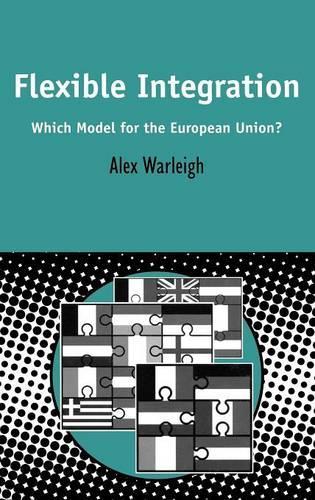
Flexible Integration: Which Model for the European Union
(Hardback)
Available Formats
Publishing Details
Flexible Integration: Which Model for the European Union
By (Author) Alex Warleigh
Bloomsbury Publishing PLC
Continuum International Publishing Group Ltd.
1st July 2002
United Kingdom
Classifications
Tertiary Education
Non Fiction
341.2422
Physical Properties
Hardback
144
Width 156mm, Height 234mm
350g
Description
Flexibility is emerging as a key dynamic of European integration. In the past derogations from certain policies have been granted to member states with special difficulties, but were always supposed to be temporary. Since the Treaty of Maastricht however a principle of permanent opt-outs from major policies has been established. Such opt-outs can be secured through deliberate choice, rather than incapacity. They are becoming more common. This shift towards flexibility has major implications. The EU will have to cope with more complexity and probably less transparency. It also affects the way in which European integration is viewed since it makes a state-like outcome to the process far less likely. In this book Alex Warleigh looks at why flexibility has become such an important feature of the EU. He examines its history, and puts forward a typology to explain the models by which it is understood. He goes on to explore the hazards of flexibility and to look at what it has to offer, arguing that it is best seen as a desirable part of the integration process rather than as a problem. Flexibility, he argues is an important mechanism for the realization of the EU's slogan "unity in diversity".
Author Bio
Alex Warleigh is Deputy Director of the Institute of Governance, Public Policy and Social Research at Queen's University, Belfast.
